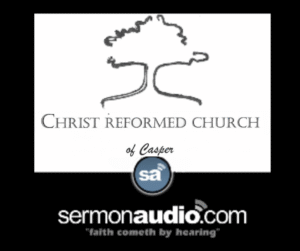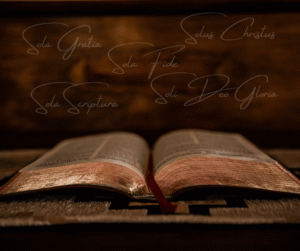Discerning the Body
One of the most important texts for understanding the nature and use of the Lord’s Supper is in 1 Corinthians 11. There, Paul sharply criticizes the Corinthian church for administering the Lord’s Supper in a way that divided the body along economic lines. The rich would partake first, and they treated the Lord’s Supper as a great feast, with wine and lots of food. The poor would arrive later and eat the leftovers if there were any. One chapter earlier, when Paul was warning the Corinthians against participating in pagan festivals, he pointed to the Lord’s Supper as a teaching tool regarding the nature ofRead More →

